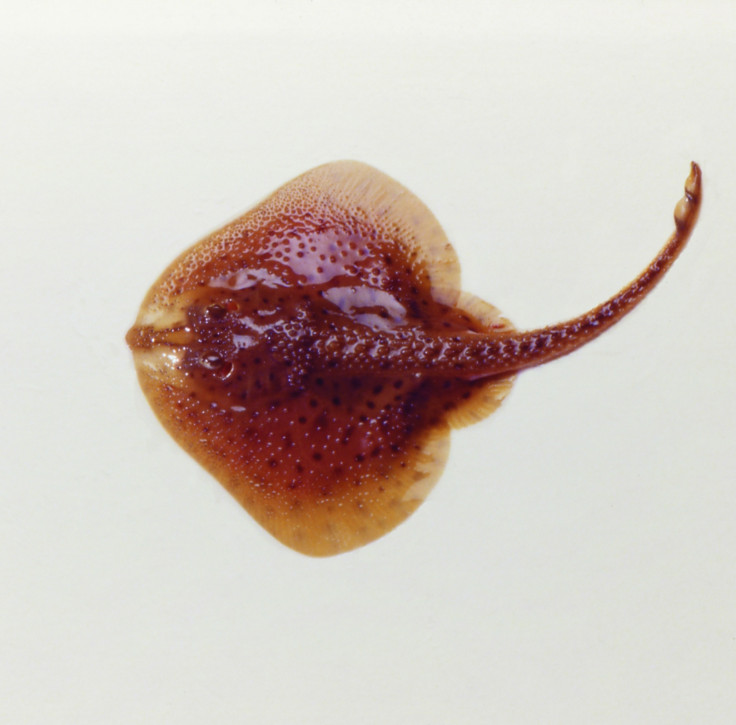Walking evolved in ancient fish long before animals ever made it onto land
New research indicates that the biological systems that led to walking may have originated millions of years earlier than previously thought.
When it comes to the history of evolution, the popularly held belief is that legs and walking developed as animals first emerged from the oceans. However, new research indicates the biological systems that led to walking may have originated in ancient fish far earlier than previously thought.
For the new study, published in the journal Cell, Jeremy Dasena and his colleagues from New York University School of Medicine investigated the neural development of a type of fish known as the little skate. These animals, which are related to sharks and rays, are thought to be among the most primitive vertebrates, differing very little from their ancestors that lived millions of years ago.
Little skates have two sets of fins: larger ones for swimming and smaller ones lower down their body, which they use to walk along the ocean floor. These fins move in a 'left-right' motion that is similar to how animals walk on land.
"We were surprised to learn that certain species of fish also can walk," said Dasena. "In addition, they use a neural and genetic developmental program that is almost identical to the one used by higher vertebrates, including humans."
The researchers investigated the skate's biology, finding that it shared genes with mammals that control motor neurons - nerve cells which enable impulses to pass from the brain or spinal cord to a muscle or gland.

"These findings suggest [that] the genetic program that determines the ability of the nerves in the spinal cord to articulate muscles actually originated millions of years earlier than we have assumed they appeared," Dasen says. "This fin-based movement and walking movements use the same developmental program."
The team think that little skates will serve as a useful model to understand the nerves that control walking and how they develop.





